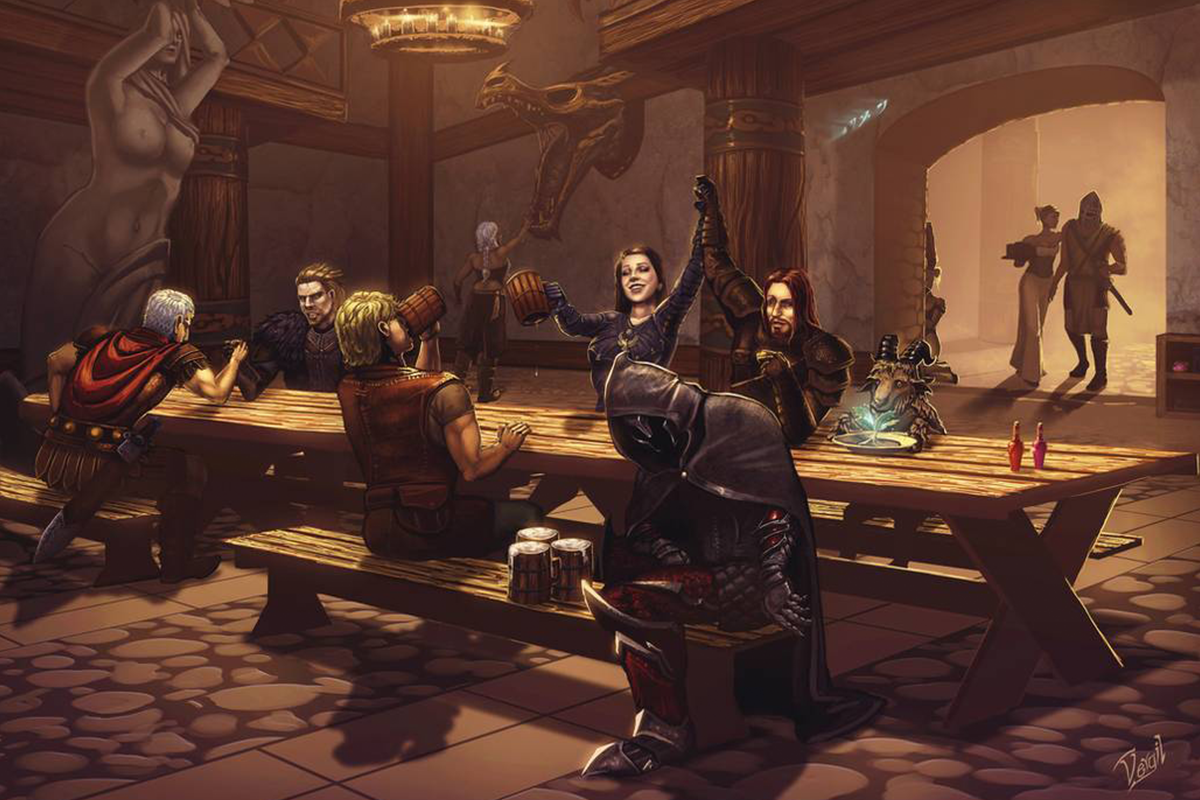
Tabletop RPGs are a fantastic way to enjoy an immersive storytelling experience with your friends. However, one of the most common challenges faced by tabletop RPG players is dealing with player absence. Whether it’s due to a scheduled vacation or an unexpected emergency, player absence can disrupt the game and affect everyone’s experience. In this blog post, we’ll explore some strategies for handling player absence in tabletop RPGs.
Types of Player Absence
There are three main types of player absence: scheduled, unscheduled, and chronic. Scheduled absences are planned in advance, such as a vacation or work trip. Unscheduled absences are unexpected and can include illness, family emergencies, or other unforeseeable events. Chronic absences are when a player regularly misses sessions due to flakiness or other issues.
The Impact of Player Absence on the Game
Player absence can have a significant impact on the game. It can disrupt the narrative, affect the balance of the party, and reduce the fun and engagement for other players. For example, if a key player is absent during a combat encounter, the rest of the party may struggle to defeat the enemy, making the encounter less enjoyable for everyone.
Strategies for Handling Player Absence
Communicate with the Player in Advance
If a player knows they will be absent in advance, encourage them to communicate with the group and the game master. This will allow everyone to plan accordingly and make adjustments to the game as needed.
Adjust the Game to Accommodate the Missing Player
If a player’s absence will significantly affect the game, consider adjusting the game to accommodate their absence. For example, if a player’s character is a healer, you could adjust the game to make healing items more readily available, or you could reduce the number of enemies in combat encounters.
Use NPCs to Fill the Gap
If a player is absent, consider using NPCs to fill the gap. This can help maintain the balance of the party and keep the game moving forward. However, be careful not to make the NPCs too powerful or take over the game.
Encourage the Remaining Players to Step Up
If a player is absent, encourage the remaining players to step up and take on new roles or responsibilities. This can help keep the game engaging and ensure that everyone has a chance to contribute.
Use the Absence as an Opportunity for Side Quests or Character Development
If a player is absent, consider using the absence as an opportunity for side quests or character development. This can help keep the game interesting and provide new opportunities for storytelling.
Managing Chronic Absences
If a player is regularly absent due to chronic issues, it’s important to address the issue. Setting expectations from the beginning, addressing the issue with the absent player, finding a replacement player, or considering the impact on the remaining players are all strategies that can help manage chronic absences.
Conclusion
Handling player absence is a common challenge in tabletop RPGs, but by communicating with the player in advance, adjusting the game, using NPCs, encouraging remaining players, and using absences as opportunities, you can ensure that everyone has an enjoyable experience. Prioritizing communication and flexibility is key to successfully managing player absence in tabletop RPGs.
Comments
Post a Comment